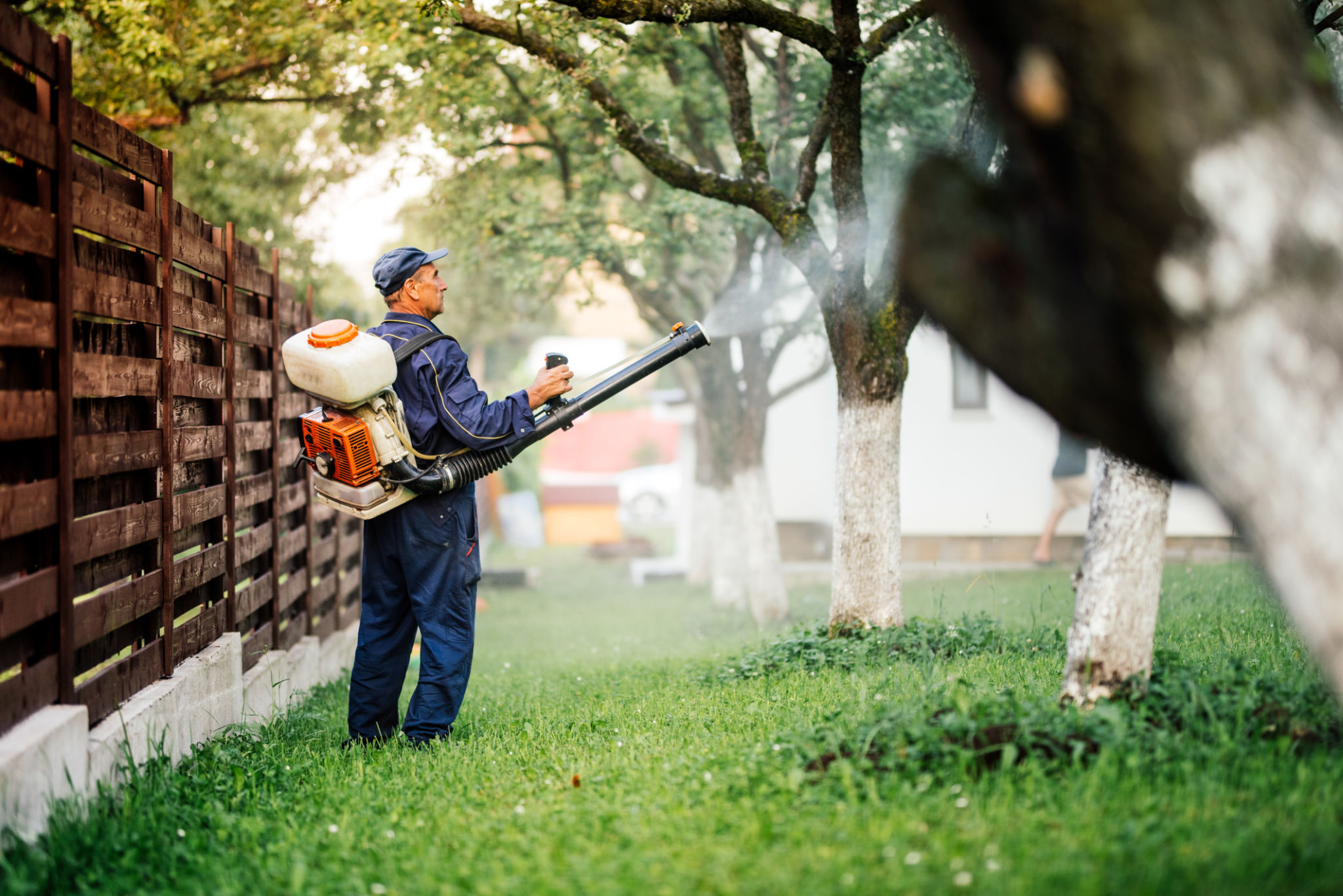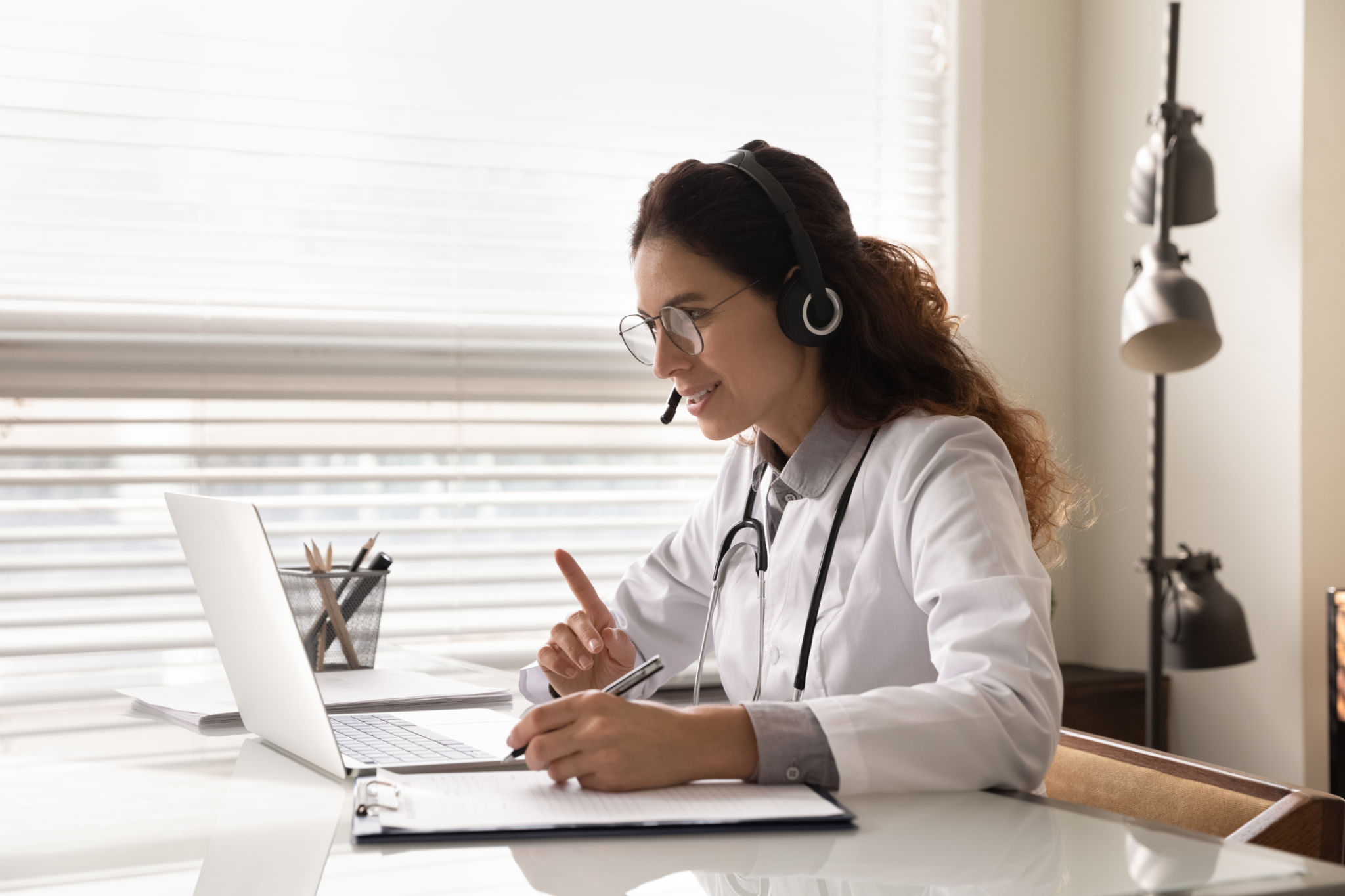Seasonal Challenges in Healthcare Consulting: Preparing for Monsoon in Noida
SK
Understanding the Impact of Monsoon on Healthcare in Noida
The monsoon season in Noida, while a respite from the scorching summer heat, brings its own set of challenges. For healthcare consultants operating in this region, it is crucial to understand how these seasonal changes affect patient influx, disease patterns, and healthcare delivery. The increased humidity and rainfall lead to a surge in certain diseases, requiring healthcare facilities to be adequately prepared.

Increased Incidence of Waterborne Diseases
During monsoon, there is a notable spike in waterborne diseases such as cholera, typhoid, and gastroenteritis. This is largely due to contaminated water sources that result from heavy rains and inadequate drainage systems. Healthcare consultants must focus on strengthening preventive measures and ensuring that healthcare facilities are equipped to handle outbreaks efficiently.
It is essential for healthcare providers to educate the public about the importance of drinking clean water and maintaining hygiene. Regular health camps and vaccination drives can be instrumental in mitigating the spread of these diseases.
Managing Vector-Borne Diseases
The monsoon season also sees an increase in vector-borne diseases like dengue and malaria. Stagnant water serves as breeding grounds for mosquitoes, leading to a rise in these infections. To combat this, healthcare consultants should work closely with municipal bodies to implement effective vector control strategies.

Healthcare facilities should be prepared with adequate medical supplies and trained staff to handle the surge in patients. Quick diagnostic services and timely treatment are key to controlling the spread of these diseases during the monsoon.
Infrastructure Challenges During Monsoon
Noida's infrastructure often faces challenges during heavy rains, including flooding and traffic disruptions. These issues can delay patient access to healthcare services. Consultants need to strategize on improving infrastructure resilience and ensuring that healthcare facilities remain operational during adverse weather conditions.
Implementing telemedicine services can be a viable solution to address accessibility issues during monsoon. This allows patients to receive medical consultations from the safety of their homes, reducing the burden on physical healthcare facilities.

Preparing Healthcare Staff for Monsoon Challenges
Training healthcare staff to manage seasonal challenges efficiently is crucial. Regular workshops on handling waterborne and vector-borne diseases, coupled with emergency preparedness drills, can enhance their readiness. It is important for staff to be familiar with protocols for infection control and patient management during the monsoon.
Additionally, ensuring the well-being of healthcare workers by providing them with adequate support and resources will enhance their ability to deliver quality care under challenging conditions.
Collaborative Efforts for Improved Outcomes
Collaboration between healthcare providers, government bodies, and community organizations is essential to tackle the seasonal challenges posed by the monsoon. Joint efforts can lead to more effective public health campaigns, better resource allocation, and improved disease surveillance systems.
By working together, stakeholders can ensure that the healthcare system in Noida remains robust and responsive during the monsoon season, ultimately leading to better health outcomes for the community.